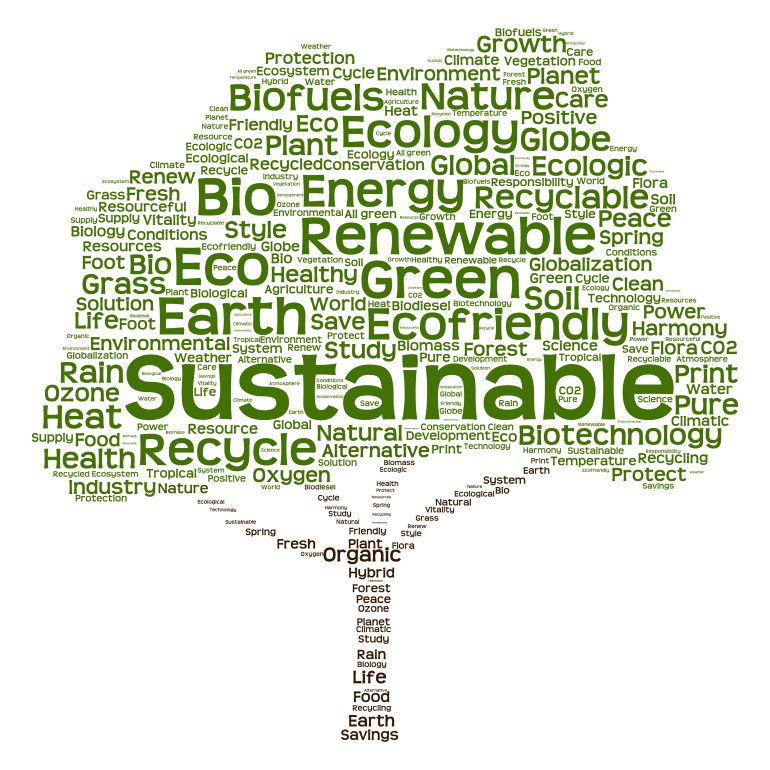Do you lay awake at night scrolling through the photos of the devastation caused by calamitous natural events: floods, wildfires, heatwaves, droughts? Does every piece of news about world hunger, food shortages, unseasonably warm winter, melting glaciers, and rising global temperatures make you question every decision of your life? Does the amount of plastic and non-biodegradable products in your shopping basket fill you with guilt and shame?
And yet, like a deer caught in headlights with a dry mouth and palpitating heart, you keep reading, keep watching – because you want to know – what is it you are headed into? What is your future going to look like? Should you invest in ski gear or forget about seeing snow on the Alps any time soon? You want to know how bad it will get and if there is any hope at all.
Those feelings of despair, hopelessness, and sometimes even anger, that are becoming increasingly frequent with each passing day – you are not the only one facing them. What you are experiencing is climate anxiety, also known as eco-anxiety. Climate anxiety is stress related to worries about the effects of climate change. It is deeply rooted in uncertainty about the future and the effects of climate change.
Climate anxiety is experienced by people of all age groups, but is more prevalent in young adults. According to a study conducted by The Lancet, 84% of children and young adults ages 16 to 25 are at least moderately worried about climate change, and 59% are very or extremely worried. This makes perfect sense: it is them and their future that is most affected by the environmental changes.
While we can observe the effects of climate change on our physical surroundings, in our food and water resources, agriculture, wildlife, our entire ecosystem and our physical health, its effects on our mental health often go unnoticed. Rest assured, its effects on our minds are as real as on our bodies. The consistent visible, and sadly rapidly accelerating deterioration of our environment and depletion of resources is enough to make anyone question the purpose of our day-to-day life. What is the point in doing well at school, holding down a job, having a financial portfolio, buying a house, or a car for that matter, when it will all soon go up in flames or be inundated with water?
All is not lost
Yes, climate change is our reality, and yes, it is affecting us both physically and mentally, but we cannot give into despair. We have to keep going, and continue to do our part – all is, and cannot be lost.
In a way, it’s good that we have all those fears and worries, and that the future of our planet is keeping us up at night. It means that now we can do something about it.
But what can we do?
There is a lot that you can do. Here is a simple list:
| Give up | Pick up |
| Fast fashion | Sustainable, recycled or second-hand clothes |
| Plastic bags | Carrying your own shopping bags |
| Wasting food | Buying locally-sourced food |
| Air travel (as much as possible) | Riding your bike wherever possible |
| Petrol/diesel cars | Hybrid vehicles |
| Single-use plastic products | Recycling |
| Wasting water | Talking about climate change |
| Wasting energy | Inspiring those around you |
| Impulse buying |
And when all the negativity starts to overwhelm you, use the power of nature around you – come rain or sunshine, go take a walk in nature.
Climate change is the single biggest challenge of our times, but there is still hope. Together, with our every conscious action taken to help the planet, we can stop global warming. Do not let that anxiety cripple you – use it as a weapon to empower your actions.
Written by Priyanka Sharma
